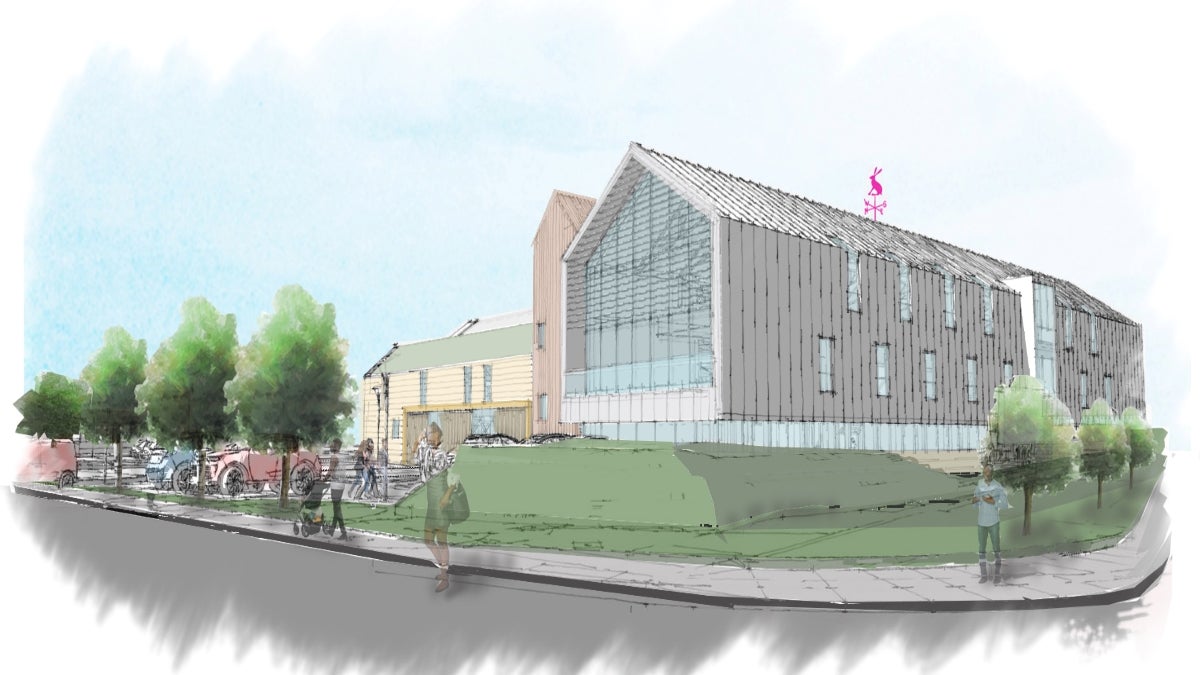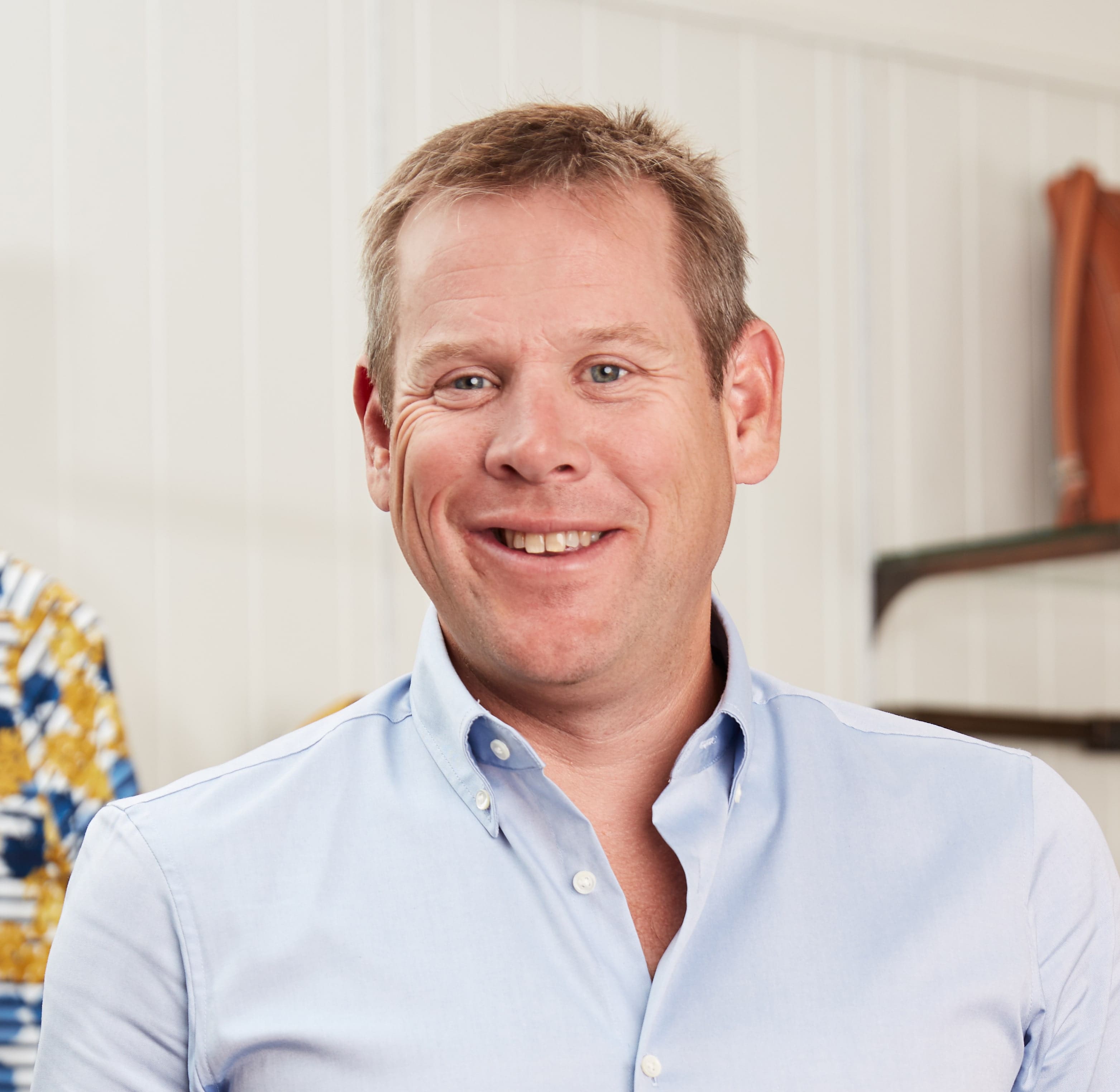
British clothing company Joules was looking forward to moving into a new purpose-built head office at the start of 2019. Previously split over five offices, the move would have represented the first time the business was housed under a single roof. But then the pandemic hit.
Construction quickly came to a halt and the company took the time to revise its plans for the new 60,000 square foot office space. Joules chief executive Nick Jones says: “It allowed us to reflect and ensure the environment was conducive to our new ways of working.”
During the coronavirus pandemic, Jones quickly saw the benefits of remote working. He claims the period allowed his employees to operate more efficiently, effectively and challenged the meeting culture that the company once had.
“People have become more autonomous and empowered because working at home forces you to make your own decisions — you can’t nip round the corner to ask someone what they think, so that’s been brilliant.”
However, it also highlighted the importance of collaboration. He adds: “We are social beings and small conversations are very important in creating excitement and inspiration. I’m hoping the new work environment will help us be more collaborative and encourage more conversations.”
You don’t want to feel like you’re coming into a clinical sober environment
To this end, the new office space — affectionately referred to as ‘the barn’ — has sought to capture the benefits of flexible working, while also helping to promote a more collaborative atmosphere. Jones says: “Fortunately we had the advantage of starting with a blank canvas. So we haven’t had to repurpose an old building, we’ve been able to reshape or adjust it with flexible and remote working in mind.”
Capturing the countryside
These changes have allowed the company to expand the central atrium and create more space between desks to promote spontaneous interaction between employees. Every meeting room is equipped with audio and visual equipment to allow remote workers to call in, while floor-to-ceiling windows and outdoor features, including a bug hotel, help to connect the space to the company’s countryside heritage.

“The personality of the environment is important,” Jones adds. “You don’t want to feel like you’re coming into a clinical sober environment where you’re just expected to get on with your work.”
Set in the rural town of Market Harborough, Jones hopes that the new space will better reflect the outdoor lifestyle brand’s roots. “We wanted the essence of the brand to run through the space,” he says.
The building shares many of the core design principles of a set of farm barns and this is reflected in small details, from the doors and handles to the large barn windows. “All of those small design choices help to create a brand identity,” Jones adds.
Creating a new company culture
Although the physical changes to the multi-million pound campus have been welcomed, a new company culture will be equally important for the Joules chief executive in determining the success of the new headquarters.
“Rethinking the practical ways of working is as important as creating a conducive space,” Jones says. “You’ve got to promote a new mindset and culture because if you don’t, you’re not going to make the most of the space. Although the barn is the physical representation of where we work, the biggest change will be in our ways of working. The building should complement that but it can’t be the driver, it’s got to support it.”
Now the construction is completed, Jones — who was appointed CEO in 2019 — is excited to reconnect with colleagues and have conversations in person once more. “I’m looking forward to being able to walk around the new space and catch up with people. You’ve got to be able to connect.”
Rethinking the practical ways of working is as important as creating a conducive space
Joules employees will be able to book desks in the new HQ from this week onwards, with plans to fully open the building when lockdown restrictions are eased in June. The office was originally designed to accommodate more than 500 members of staff. However, Jones anticipates that, once pent up demand has subsided, only around half of that figure will be in the office at once.
Despite consultations with staff throughout the development period, the Joules CEO accepts that they won’t have got every design choice right, making the next few months a crucial period for the company’s new home.
Jones says: “Our experiences over the past 12 months mean that we’re well placed to have a really positive impact moving forward. We’re now able to do that in a new building which is future facing, rather than trying to redo something that was built for the past.
“But we will definitely have to learn and adjust, to continually improve the space and our ways of working.”

British clothing company Joules was looking forward to moving into a new purpose-built head office at the start of 2019. Previously split over five offices, the move would have represented the first time the business was housed under a single roof. But then the pandemic hit.
Construction quickly came to a halt and the company took the time to revise its plans for the new 60,000 square foot office space. Joules chief executive Nick Jones says: “It allowed us to reflect and ensure the environment was conducive to our new ways of working.”
During the coronavirus pandemic, Jones quickly saw the benefits of remote working. He claims the period allowed his employees to operate more efficiently, effectively and challenged the meeting culture that the company once had.
